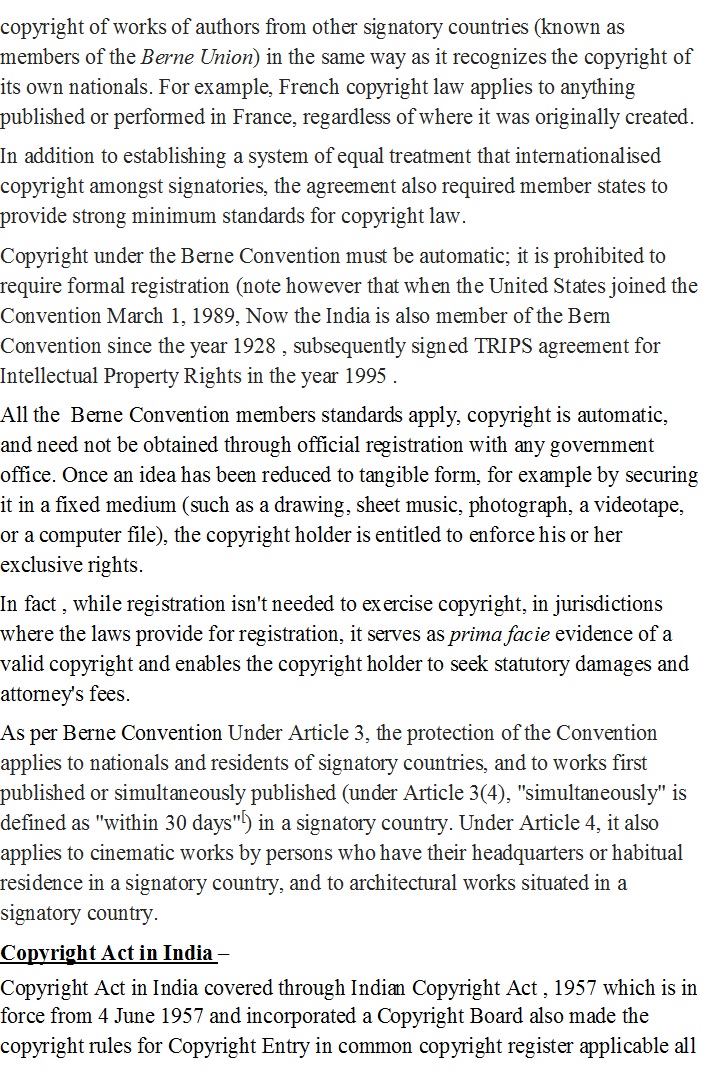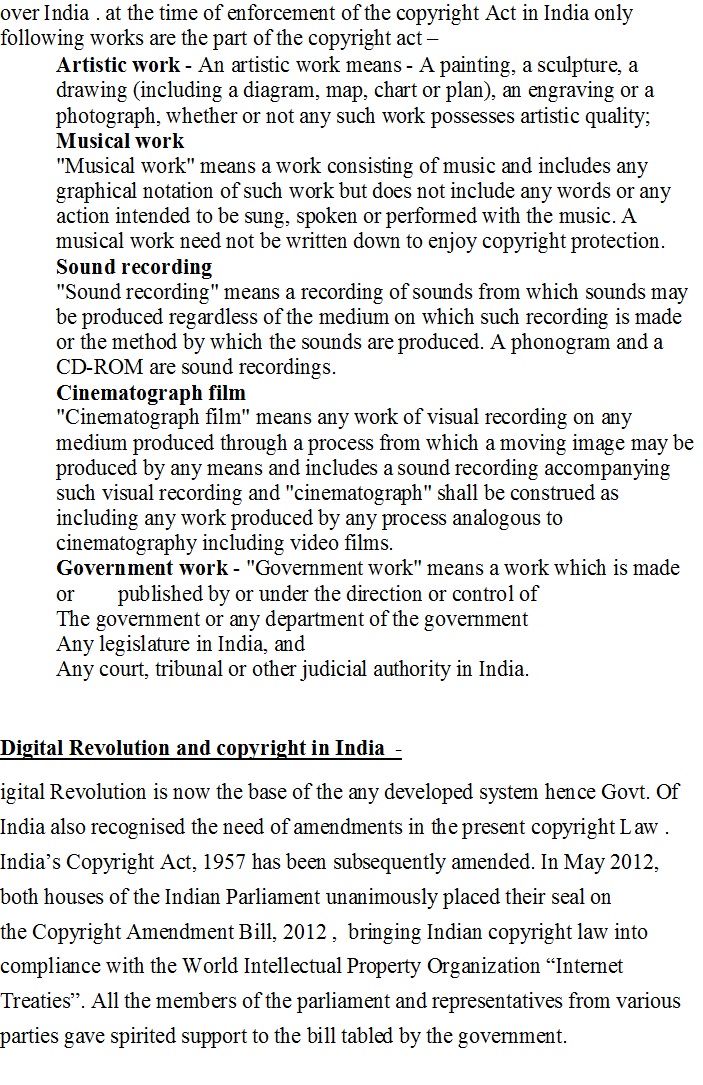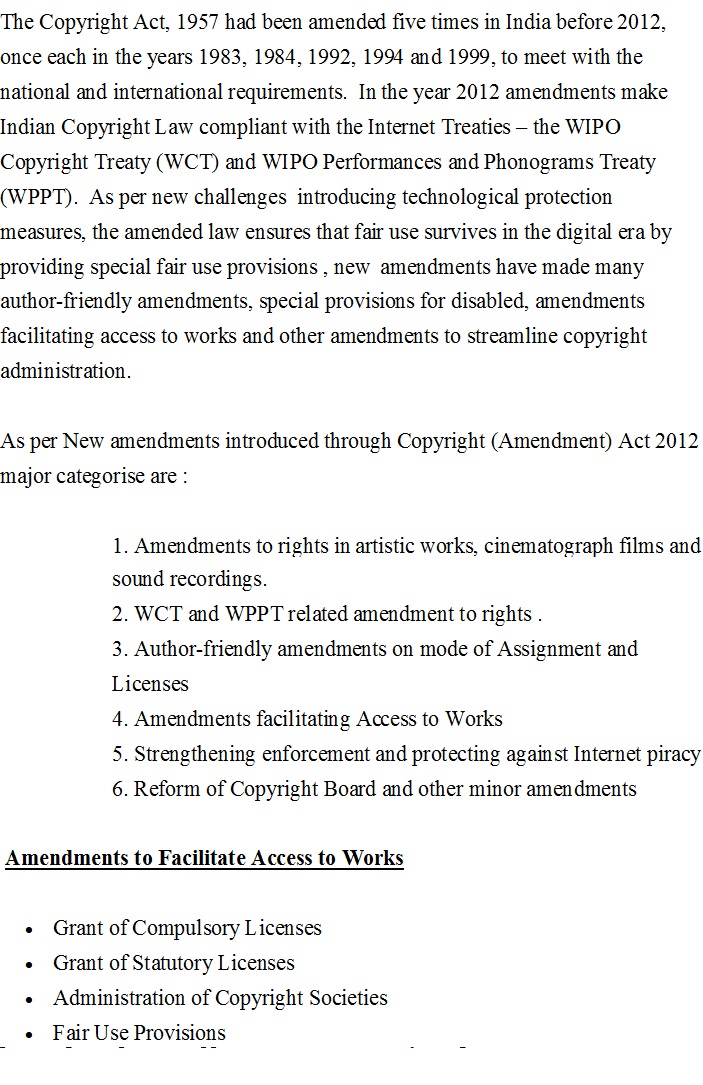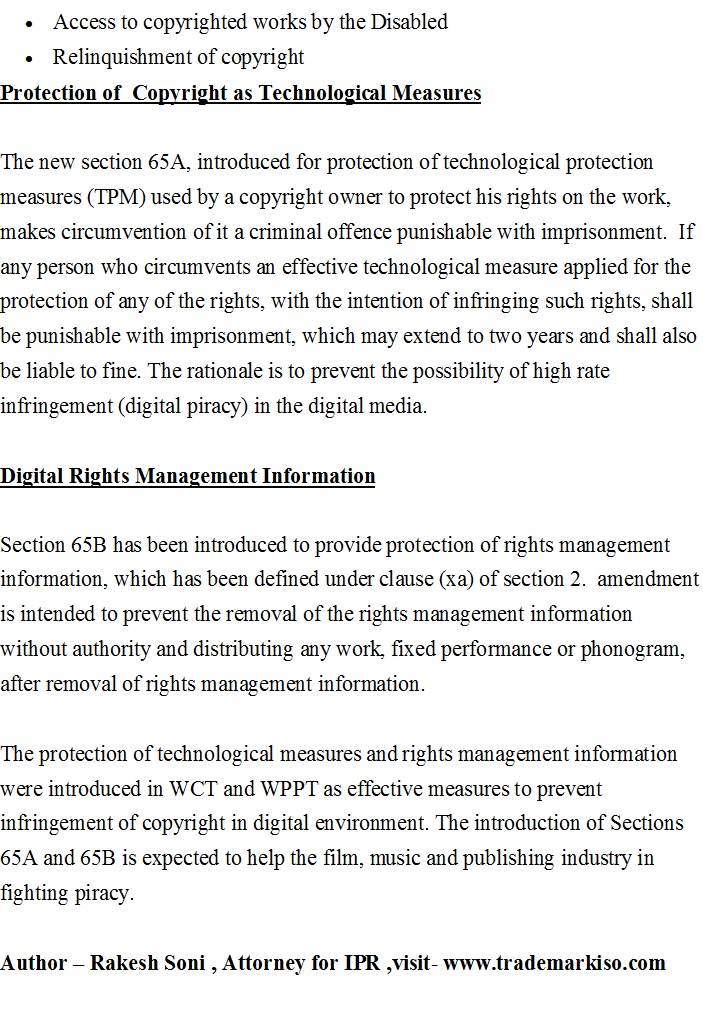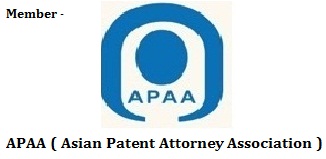Important Schemes of the Start-up-
· Startup Intellectual Property Protection (SIPP) –
· Provide financial assistance to protect Patent , Trade Marks .
· Atal Innovation Mission (AIM)-
· Establishment of incubators to nourish.
· Entrepreneurship promotion through Self-Employment and Talent Utilization (SETU).
Eligibility for Start-up Registration-
1. It must be an entity registered/incorporated as
a:Private Limited Company under the Companies Act.
b. Registered Partnership firm -Partnership Act, 1932; or
c. Limited Liability Partnership – Limited Liability Partnership Act, 2008- LLP.
2. Five years must not have elapsed from the date of incorporation /
registration.
3. Annual turnover (as defined in the Companies Act, 2013) in any
preceding financial year must not exceed Rs. 25 crore .
3. Startup must be working towards innovation, development,
deployment or commercialisation of new products, processes or services driven by technology or intellectual property.
4. The Start-up must aim to develop and commercialise:-
a) a new product or service or process; or
b) a significantly improved existing product or service.
5. The Start-up must not merely be engaged in:
a. developing products or services or processes which do not have potential for commercialisation or
b. undifferentiated products or services or processes; or
c. products or services or processes with no or limited incremental value for customers or workflow .
6. The Start-up must not be formed by splitting up, or reconstruction,
of a business already in existence.
7. The Startup has obtained certification from the Inter-Ministerial
Board, setup by DIPP ( Department of Industrial Policy and Promotion ) to validate the innovative nature of the business, and
a. be supported by a recommendation (with regard to innovative nature of business), in a format specified by DIPP, from an incubator established in a PG college in India; or
b. be supported by an incubator which is funded (in relation to the project) from GoI or
c. be supported by a recommendation (with regard to
innovative nature of business), in a format specified by DIPP, from an incubator recognized by GoI; or
d. be funded by an Incubation Fund/Angel Fund/Private Equity Fund/Accelerator/Angel Network duly registered with SEBI that endorses innovative nature of the business; or
e. be funded by the Government of India as part of any specified scheme to promote innovation; or
f. have a Patent granted by the Indian Patent in areas affiliated with the nature.
Process flow to get Registration of Start-up under Govt. of India-
Key Point of Start-ups-
A. Single Window clearance even through Mobile App.
B. Start-up Intellectual Property Protection (SIPP)
C. Tax Exemption .
D. Providing Funding Support through a Fund of Funds with a Corpus of INR 10,000 cr .
E. Relaxation in Labour & Environmental Laws .
F. Self Certification Complacencies .
G. Innovation Hubs under Atal Innovation mission
H. School Innovation Program – 5 lakh School /10 lakh Student .
I. Faster Exit for Start-ups.
A. Single Window clearance even through Mobile App.-
B. To serve as the single platform for Startups for interacting with Government and Regulatory Institutions for all business needs & info exchange
C. In order to commence operations, Startups require registration with relevant regulatory authorities.
D. a checklist of required licenses covering labour licensing, environmental clearances etc. be made available on portal.
B. Start-up Intellectual Property Protection (SIPP)-
Appointment of Facilitator –Govt. of India has appointed Facilitator to help startup for –
Patent – for Drafting , filling , handling all matter to protect the Patents and Inventions of the new start-ups in India .
Trade Mark – for Drafting , filling , handling all matter to protect the trade marks and brand names .
Fees of the facilitator and Govt filling fee reimburse by the Govt. of India.
Subsidy up to 80 % –
For Patent and Trade mark – subsidy up to 80 % is granted by the Govt. of India to protect trade mark & Patent filed by the Start-ups to protect the IPR’s of the Start-ups for any number of IPR .
This project is for one year as pilot basis only.
C. Tax Exemption-
Exemption From Capital Gains Tax-
Currently investments by venture capital Funds in startup are exempt from this law.
Income tax exemption to startups announced for 3 years.
startup initiatives are exempted from income-tax for a period of 3 year. This fiscal exemption shall facilited growth of business and meet the working capital requirements during the initial years of operations.
Tax exemption on investments above fair market value.
F. Providing Funding Support through a Fund of Funds with a Corpus of INR 10,000 cr-
G. Relaxation in Labour and Environmental Laws .
H. Objective of compliance remine based on self certification is to reduce the regulatory burden-
I. Labour laws:
The Building and Other Construction Workers (Regulation of Employment & conditions of Service ) Act. 1996
The Inter-state Migrant workmen (Regulation of employment & conditions of Service ) Act . 1979
The payment of Gratuity Act. 1972
The Contract Labour (Regulation and Abolition ) Act.1970
The Employees Providen funds and Miscellancous Provision Act. 1952
The Employees state Insurance Act. 1948.
J. Environment Laws
The Water (prevention & Control Of Pollution ) Act.1974
The Water (prevention & Control Of Pollution ) Cess (Amendment) Act. 2003
The Air (prevention & Control Of Pollution ) Act. 1981
G. Innovation Hubs- Atal Innovation mission (AIM).
Self-Employment and Talent Utilization (SETU) –
Innovation promotion: to provide a platform where innovative ideas are generated.
Setting up of 35 new incubators in institutions.
set up scale up 31 centres.
Setting-up 13 startup centers Annual funding supports of INR 50 lakhs (shared 50-50by DS and MHRD) shall be provided for three years.
Setting-up scaling-up 18 Technology business incubators (TBIs ) at NITs IITs/IIMS ect.
Promote entrepreneurship in biotechnology.
Five new bio cluters. 50 new bio incubators. 150 technology transfer officer and 20 boi connect offices will be established.
H. School Innovation Program – 5 lakh School /10 lakh Student .
Innovation core programs for students in 5 lakh schools.
NIDHI : National initiated for Developing and unique Innovations , instituted through Innovation and Entrepreneurship Development Centers (IEDCs) to support and award INR 10 lakhs to 20 student innovations from IEDSc.
Uchhattar Avishkar yojana: A joint MHRD-DST scheme whice has carmarked INR 250 crore per annum .The funding towards this research will be 50% contribution from MHRD. 25% from DST and 25% from industry .
J. Faster Exit for Start-ups.
Contact for more details and consultation –

This question is frequently coming from the end of developers of software that Computer programming is patentable in India ? because in several other countries already given the right of Patent to software also . On February 19, India’s patent office wisely answered this question in denial, putting an end to months of ambiguity over the patentability of computer programmes. In this process, the patent office, called the Office of the Controller General of Patents, Designs & Trade Marks, effectively reversed an August 2015 guideline that had triggered the ambiguity in the first place. Till that guideline came, India’s stance on this issue had been clear through a 2002 amendment to the Patents Act:
that software per se was not to qualify for patent protection. However, lawmakers also recognized that the intention must not be to reject inventions involving software that “may include certain other things, ancillary thereto or developed thereon”. Experts have interpreted this exception to refer to innovations in both software and hardware. The 2015 guideline threatened to unsettle that nuance. According to that, technical advancements could be sufficient grounds on which to confer patents. Its nullification is welcome as such rules, though seemingly on the side of innovation, do not enable a level playing ground. For starters, the share of patents held by Indians has traditionally been low, and it continues to be so. Also, the field of software is dominated by corporate giants with deep pockets and significant expertise, and they can easily ‘out-patent’ the others out of business. The smaller companies and start-up.
The office just said to issue 3 stage test to examine applications of computer-related inventions. Step-1 – is to interpret the claim. Once that is done, step -2 is to deny the claim in case the “contribution lies only in mathematical model, business method or algorithm”. Step-3 is to assess if the invention is claimed in the field of software in conjunction with a novel hardware. The important point to note is the recognition that software in itself is never patentable. This is a prudent stance, because there are inherent problems in figuring out if software is patentable or not. And this is true the world over. Germany and New Zealand exclude software from patentability. In many other parts of the world, the positions are nuanced, like the one taken by the European Patent Convention, which does not entertain applications when they pertain to computer programmes as such, but it does have an open mind when they lead to “non-obvious” contributions. In the U.S., a more open policy has led to a flood of patents, and consequently the negative connotation that the term ‘patent thicket’ carries now. There is a more important reason for holding back software from a patents regime.


Prime Minister Narendra Modi launched the ambitious ‘Startup India’ Movement to boost digital entrepreneurship at the grassroots level. He spelt out the various salient features of the action plan ..
In a major announcement, he said there will be income tax exemption to startups for the first three years. He also promised faster patent registrations and quicker exits for companies. norms will be relaxed for public procurement of startups, he added.
History of Start-up –
The term “Start-Up” used my “ Microsoft “ 2-3years ago and started to associate all small Software companies and try to boost the software industries under flagship of the Microsoft .
Who are “Start-Up”-
A startup is an entity, private, partnership or limited liability partnership (LLP) firm that is headquartered in India, which was opened less than five years ago and have an annual turnover less than Rs25 crore. To be eligible for considering as startup, the entity should not be formed by splitting up or reconstruction and its turnover should not have crossed Rs25 crore during its existence.
Eligibility for start-ups –
To become eligible as a startup and get a green signal from the Inter-Ministerial Board, the entity should be the one which aims to develop and commercialise, a new product or service or process or a significantly improved existing product or service or process that will create or add value for customers or workflow. Products, services or process, which do not have potential for commercialisation or is undifferentiated or have no or limited incremental value will not be considered under the Scheme. To be considered as eligible as startup the entity, should be supported by
• a recommendation (with regard to innovative nature of business), in a format specified by DIPP, from an Incubator established in a post-graduate college in India .
• an incubator, which is funded ( in relation to the project ) from GoI as part of any specified scheme to promote innovation
• a recommendation (with regard to innovative nature of business), in a format specified by DIPP, from an Incubator recognized by GoI or
• be funded by an Incubation Fund/ Angel Fund/ Private Equity Fund/ Accelerator/Angel Network duly registered with SEBI that endorses innovative nature of the business or
• be funded by GoI as part of any specified scheme to promote innovation or
• have a patent granted by the Indian Patent and Trademark Office in areas affiliated with the nature of business being promoted
Role of GOI for boosting start ups –
The Ministry of Human Resource Development (HRD) and the Department of Science and Technology have agreed to partner in an initiative to set up over 75 startup support hubs in the National Institutes of Technology (NITs), the Indian Institutes of Information Technology (IIITs), the Indian Institutes of Science Education and Research (IISERs) and National Institutes of Pharmaceutical Education and Research (NIPERs).
Scheme at a glance –
The Start-up India Action Plan lists out a comprehensive set of structural and regulatory reforms in order to achieve this. Income tax exemption, easing compliance through reduction of regulations and having fixed qualifications as to what a ‘start-up’ is, were expectations at the top of the entrepreneurial bucket-list. but the Action Plan goes further. It goes on, for instance, to provide
an 80 per cent waiver on patent filing fees by start-ups, provide advisory services and create a Rs.10,000 crore fund-of-funds which is to be managed by professionals drawn from the private sector. These are just a few of the ‘sweetheart’ deals for start-up entrepreneurs under the Action Plan.
Money Management
But the Action Plan also appears to have a few flaws which need to be addressed. For instance, it sets up an ‘Inter-Ministerial Board’ led by the Department of Industrial Policy and Promotion which ‘validates’ the innovative nature of an enterprise, thereby qualifying it as a start-up – an involvement of government in this ecosystem that is hardly desirable. It also requires a start-up to obtain a recommendation from an incubator in order to be eligible. The most obvious and tangible benefits to start-ups under the Action Plan are the tax breaks and funding support. The Action Plan waives income tax on profits for a period of three years and also exempts taxes on capital gains which are invested in the ‘fund-of-funds’.This move will help to reduce cash outflows and bring down the cost of running a start-up. In conjunction with the waiver of the ‘angel investor’ tax under the Finance Act, 2013, start-ups now can have improved access to funding opportunities. Pending reforms like the GST regime, would also make it easier for small start-ups to operate across the country.
Commitment of Rs.10,000 crore funds
Rs.10,000 crore fund is a significant financial commitment by the Government under the Action Plan. It is set to start with Rs.2,500 crore initially with the amount set to recur for 4 years this mega fund will not directly invest in start-up ventures. Instead, it will do so via SEBI registered venture funds. This fund will contribute a maximum of 50 per cent of the daughter fund size, providing a significant boost to the corpus of investments that start-ups have access to. It is important that this corpus is not managed by Politicians or bureaucrats, but smart, savvy fund managers who have a track record on investing. On the cost saving side, an 80 per cent rebate on patent filing costs alongside an exemption from having ‘prior-experience’ to be eligible under the public procurement process are steps taken to promote tech-based start-ups in particular.
While tax incentives, cost saving measures and funding support will undoubtedly drive up investment into innovative start-ups it is essential that the government not lose sight of non-tech start-ups. It should make special provisions to ensure that this support structure extends to the agriculture, manufacturing, and handicrafts sectors.
Benefits in business boost up to start-ups by improving ease of doing business is clearly at the forefront of the Action Plan. A significant benefit a start-up accrues under this policy is the waiver from labour inspections for 3 years.
If any one want run a business and navigated the maze of bureaucracy understands the quagmire that labour laws can be, especially for a start-up. Along with the ease in environmental checks, these changes to labour inspections are a step in the right direction — particularly for those start-ups which are based in the manufacturing sector. But the Action Plan exempts starts-up from inspection under a fixed number of labour laws — six to be specific. There are about 45 laws at the central level and about four times this number at the state level. The Centre needs to work with the States to ensure a smooth rollout of the benefits under the Action Plan and avoid discord between policies at the two levels.
Some of major star “Start-Up” of India –
1. Ola Cab – local Cab Services .
2. Zomato – food services .
3. Myntra – Online fashion retailer
4. Jabong India – Online Fashion Retailer
5. Bookmyshow – Booking Ticketing Portal.
6. CommonFloor is an Indian property portal
Major Benefits to Start-Up under the Scheme –
a. 3 years exemption from inspection – “ inspector Raj ” is biggest problem in India . hence Govt. has liberal to support “Start-Up” and given exemption for 3 years from labour and of Inspection .
b. Exempted from Statutory regulations – 3 years “Start-Up” are exempted from Provident Fund and ESIC mandatory provisions of the Law .
c. Environmental and other statutory law are applicable by self certification of the “Start-Up” .
d. 80 % finance to protect IPR – Govt. try to promote to protect the intellectual properties of “Start-Up” hence providing 80 % financial support to protect the Intellectual Properties like – Patent , Trade Mark , Designs , Copyright etc .
e. Income Tax exemption is available for first three years. However, the startup will be eligible for tax benefits only after obtaining certificate from the Inter-Ministerial Board, setup for this purpose.
f. If money is invested in fund of funds recognised by the government, the investor can claim capital gains tax exemptions. In addition, existing capital gain tax exemption for investment in newly formed MSMEs by individuals shall be extended to all start-ups.
One day Workshop from IIE ( Institute for Industrial Entrepreneur ) Indore is Going to Orgnize One Day Work Shop at Indore ( M.P.) Interested participants may send request for the same –
Day- 27th February 2016 ( Saturday )
Venue – Indore ( M.P. )
Participation Fees – Rs. 1000 /- ( Rs. One thousand only ) .
Including – Literature , Tea and Lunch .
Contact – Institute for Industrial Entrepreneur
105 , Mahasagar Corporate ,
10/4 , Manormaganj , Indore ( M.P.)
Pin-452001 ,India
Tel-0731-6499070,9425318625
Mail- iieindore@gmail.com
Visit us – www.trademarkiso.com





